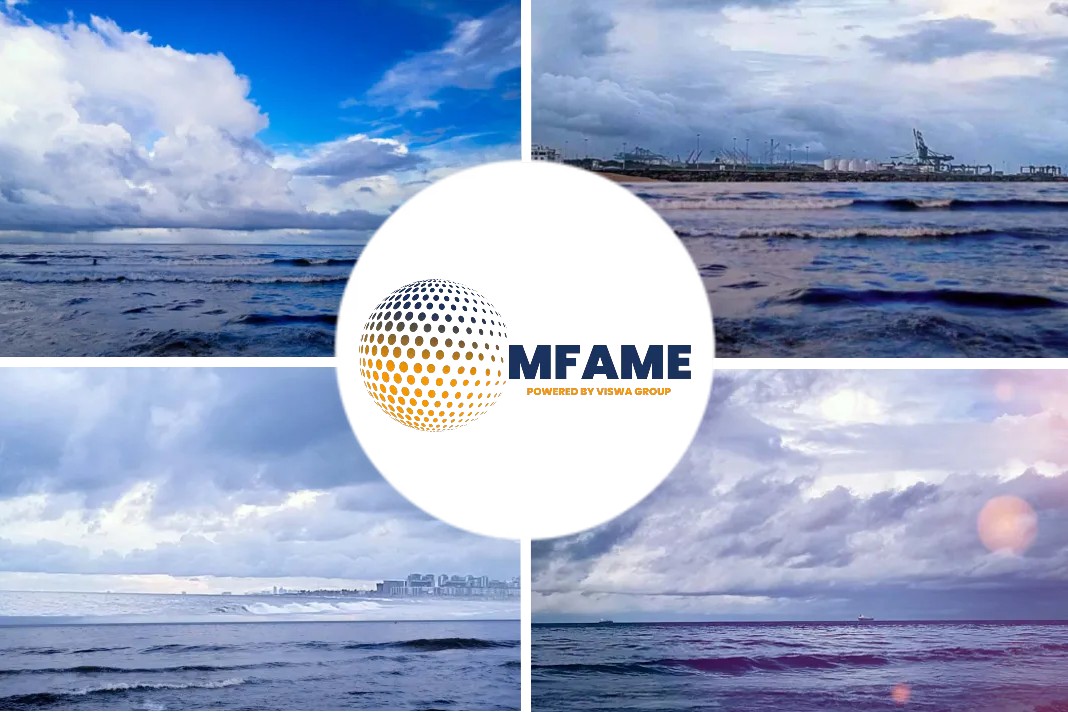
Hyundai Merchant Marine (HMM) said the trial will begin H2 2023 and the fuel used will be made up of 30% biodiesel derived from used cooking oil and 70% high-sulphur fuel oil, says an article published on Riviera.
Marine biofuel
Alongside the trial announcement, HMM said it has signed a memorandum of understanding (MoU) with South Korea-based and part Chevron-owned fuels provider GS Caltex to secure the marine biofuel.
Environmental competence
HMM senior executive vice president Jinki Park said, “Based on this MoU, we expect to generate less greenhouse gas emissions and thereby contribute to limiting climate change. We will continue to enhance our environmental competence by accelerating [research and development] activities “.
Board oceangoing vessels
The move by the line follows a 2021 test voyage using biofuels on one of its 13,000-TEU container ships. HMM Dream was deployed on a route connecting Asia and the US east coast, completing a voyage across the Pacific Ocean on biofuels.
HMM highlighted the drop-in nature of biofuels – meaning they are compatible with existing diesel engines on board oceangoing vessels – as a ’merit’ and claimed that biodieselHMM reduces greenhouse gas emissions by 80%.
Trial a carbon capture
Earlier in April 2023, HMM announced it would trial a carbon capture and storage system on board one of its vessels.
HMM said it plans to conduct field tests of an onboard carbon capture system (OCCS) for container ships along with Samsung Heavy Industries and PANASIA in the second half of this year.
Significant role
The ocean carrier said the OCCS technology will capture CO2 from greenhouse gas emissions generated during vessel operations.
“This solution has the potential to play a significant role in reducing CO2 emissions,” HMM’s statement noted.
Agricultural applications
HMM has performed a feasibility study with PANASIA on OCCS for its multi-purpose vessel after both companies signed a memorandum of understanding last September. The study revealed OCCS could be installed without changing the existing equipment of the ship and does not hinder the stability of vessel operations.
HMM said the collected carbon becomes liquefied in a pressurised tank and can be used for manufacturing dry ice or agricultural applications
Various industrial players
HMM has also decided to replace the propellers of six container ships with more efficient versions especially designed for slow steaming. The replacement process will start in 2024, and HMM expects to increase energy efficiency on the vessels by 8-9%.
An HMM official said, “We will continue [our] efforts on a pathway to carbon neutrality by 2050 based on collaborative work with various industrial players”.
Did you subscribe to our Newsletter?
It’s Free! Click here to Subscribe!
Source: Riviera


















